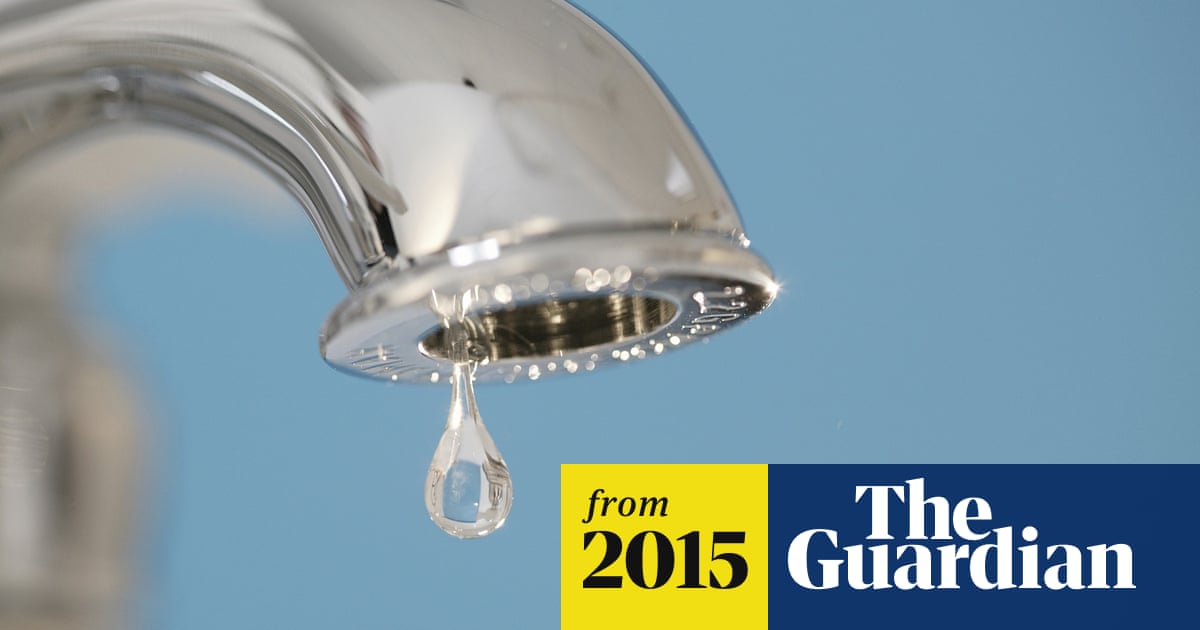US lowers fluoride levels in drinking water for first time in over 50 years

The government is lowering the recommended amount of fluoride added to drinking water for the first time in more than 50 years.
Some people are getting too much fluoride because it is also now put in toothpaste, mouthwash and other products, health officials said Monday in announcing the change.
Too much fluoride has become a common cause of white splotches on teeth in children. One study found about two out of five adolescents had tooth streaking or spottiness.
Fluoride is a mineral in water and soil. About 70 years ago, scientists discovered that people whose drinking water naturally had more fluoride also had fewer cavities.
Since 1962, the government has been advising water systems to add fluoride to a level of 0.7 parts per million for warmer climates, where people drink more water, to 1.2 parts per million in cooler areas. The new standard is 0.7 everywhere.
Grand Rapid, Michigan, became the world’s first city to add fluoride to its drinking water in 1945. Six years later, a study found a dramatic decline in tooth decay among children there, and the US surgeon general endorsed water fluoridation.
But adding fluoride was – and has remained – controversial. Some people have vehemently fought adding fluoride to local water supplies.
Today about 75% of Americans get fluoridated water.
The change announced Monday finalizes a proposal first made four years ago. The government spent years sorting through and responding to 19,000 public comments.


